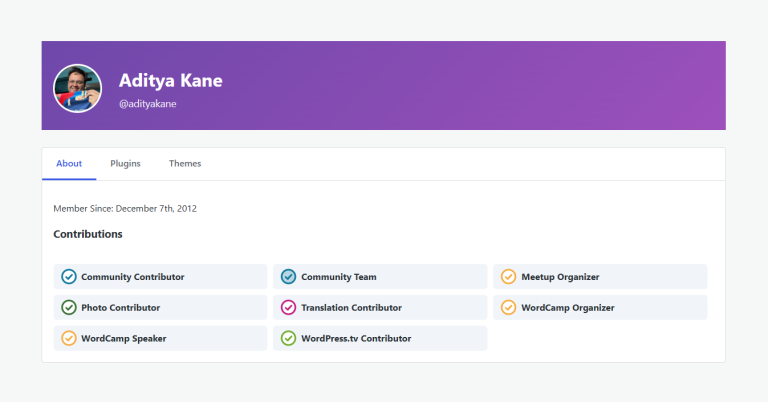Changing your WordPress theme can feel like giving your website a fresh new look, but it’s natural to wonder: Will this affect my SEO? The short answer is: It can. While switching themes doesn’t directly impact your search engine rankings, it can indirectly influence your SEO in several ways. Let’s break it down.
1. Site Structure and URL Changes
One of the most critical aspects of SEO is maintaining a consistent site structure. Some themes may alter your URLs, especially if they use different permalink structures or custom post types. If URLs change, it can lead to broken links, which negatively impact user experience and SEO.
What to do:
- Use a theme that supports your existing URL structure.
- Set up 301 redirects if any URLs change to preserve link equity.
- Check your site’s internal links after switching themes.
2. Page Speed and Performance
Your theme plays a significant role in how fast your website loads. A poorly coded or overly complex theme can slow down your site, and page speed is a ranking factor for Google. If your new theme is slower than your old one, it could hurt your SEO.
What to do:
- Choose a lightweight, well-coded theme optimized for speed.
- Test your site’s speed before and after the switch using tools like Google PageSpeed Insights or GTmetrix.
- Minimize the use of heavy scripts, animations, or unnecessary features.
3. Mobile Responsiveness
Google prioritizes mobile-friendly websites in its rankings. If your new theme isn’t fully responsive or doesn’t display well on mobile devices, it could harm your SEO.
What to do:
- Ensure your new theme is fully responsive and tested on multiple devices.
- Use Google’s Mobile-Friendly Test tool to check compatibility.
4. Content Layout and Readability
A new theme might change how your content is displayed. For example, font sizes, spacing, or readability might differ, which can affect user engagement metrics like bounce rate and time on page—both of which influence SEO.
What to do:
- Preview your new theme thoroughly before making it live.
- Ensure your content remains easy to read and visually appealing.
- Test user experience by asking for feedback or using heatmap tools.
5. Schema Markup and Structured Data
Some themes include built-in schema markup to help search engines understand your content better. If your new theme lacks this feature or implements it incorrectly, it could affect how your site appears in search results.
What to do:
- Check if your new theme supports schema markup.
- Use tools like Google’s Rich Results Test to verify structured data after the switch.
- Consider using a plugin like Schema Pro if your theme doesn’t handle schema well.
6. Customizations and Plugins
If your old theme relied on specific plugins or custom code for SEO features (like meta tags, breadcrumbs, or Open Graph tags), switching themes might break these functionalities.
What to do:
- Audit your SEO plugins and settings before and after the switch.
- Ensure your new theme is compatible with popular SEO plugins like Yoast SEO or Rank Math.
- Reconfigure any customizations if necessary.
7. Indexing and Crawling Issues
A new theme might inadvertently block search engines from crawling your site. For example, some themes include noindex tags in their code, which can prevent your pages from being indexed.
What to do:
- Check your theme’s settings and code for noindex tags.
- Use Google Search Console to monitor indexing issues after the switch.
Best Practices for Changing WordPress Themes Without Hurting SEO
- Backup Your Site: Always create a full backup of your website before making any changes.
- Test on a Staging Site: Use a staging environment to test the new theme before going live.
- Monitor Performance: Keep an eye on your site’s performance, rankings, and traffic after the switch.
- Stick to Reputable Themes: Choose themes from trusted sources like the WordPress Theme Directory or reputable developers.
Final Thoughts
Changing your WordPress theme doesn’t have to be an SEO nightmare. With proper planning and testing, you can give your site a fresh look without sacrificing your hard-earned rankings. The key is to choose a theme that aligns with your SEO goals and to address any potential issues proactively.
Have you recently changed your WordPress theme? Share your experience in the comments below! If you’re planning to switch, let us know if you have any questions—we’re here to help!





